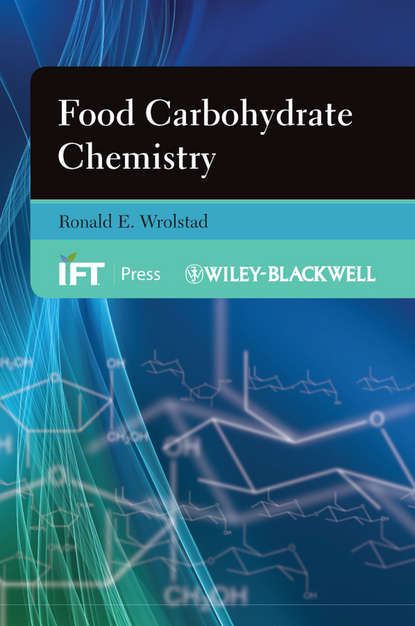- бизнес-книги
- детские книги
- дом, дача
- зарубежная литература
-
знания и навыки
- изучение языков
- компьютерная литература
- научно-популярная литература
- словари, справочники
-
учебная и научная литература
- безопасность жизнедеятельности
- военное дело
- гуманитарные и общественные науки
- естественные науки
- задачники
- монографии
- научные труды
- практикумы
- прочая образовательная литература
- сельское и лесное хозяйство
-
технические науки
- высокие технологии
- горное дело
- информатика и вычислительная техника
- конструкции
- легкая промышленность
- материаловедение
- машиностроение
- нормативная документация
- общетехнические дисциплины
- основы производства
- пищевая промышленность
- приборостроение
- проектирование
- промышленность
- радиоэлектроника
- строительство
- техническая литература
- технологии металлов
- транспорт
- химическая технология
- эксплуатация промышленного оборудования
- энергетика
- учебники и пособия для вузов
- учебники и пособия для ссузов
- учебно-методические пособия
- история
- комиксы и манга
- легкое чтение
- психология, мотивация
- публицистика и периодические издания
- родителям
- серьезное чтение
- спорт, здоровье, красота
- хобби, досуг
Ronald E. Wrolstad — Food Carbohydrate Chemistry
Купить и скачать за 11573.82 ₽

Понравилась книга? Поделись в соцсетях:
Автор: Ronald E. Wrolstad
Издатель: John Wiley & Sons Limited
ISBN: 9781119949145
Описание: Not since «Sugar Chemistry» by Shallenberger and Birch (1975) has a text clearly presented and applied basic carbohydrate chemistry to the quality attributes and functional properties of foods. Now in Food Carbohydrate Chemistry, author Wrolstad emphasizes the application of carbohydrate chemistry to understanding the chemistry, physical and functional properties of food carbohydrates. Structure and nomenclature of sugars and sugar derivatives are covered, focusing on those derivatives that exist naturally in foods or are used as food additives. Chemical reactions emphasize those that have an impact on food quality and occur under processing and storage conditions. Coverage includes: how chemical and physical properties of sugars and polysaccharides affect the functional properties of foods; taste properties and non-enzymic browning reactions; the nutritional roles of carbohydrates from a food chemist's perspective; basic principles, advantages, and limitations of selected carbohydrate analytical methods. An appendix includes descriptions of proven laboratory exercises and demonstrations. Applications are emphasized, and anecdotal examples and case studies are presented. Laboratory units, homework exercises, and lecture demonstrations are included in the appendix. In addition to a complete list of cited references, a listing of key references is included with brief annotations describing their important features. Students and professionals alike will benefit from this latest addition to the IFT Press book series. In Food Carbohydrate Chemistry, upper undergraduate and graduate students will find a clear explanation of how basic principles of carbohydrate chemistry can account for and predict functional properties such as sweetness, browning potential, and solubility properties. Professionals working in product development and technical sales will value Food Carbohydrate Chemistry as a needed resource to help them understand the functionality of carbohydrate ingredients. And persons in research and quality assurance will rely upon Food Carbohydrate Chemistry for understanding the principles of carbohydrate analytical methods and the physical and chemical properties of sugars and polysaccharides.